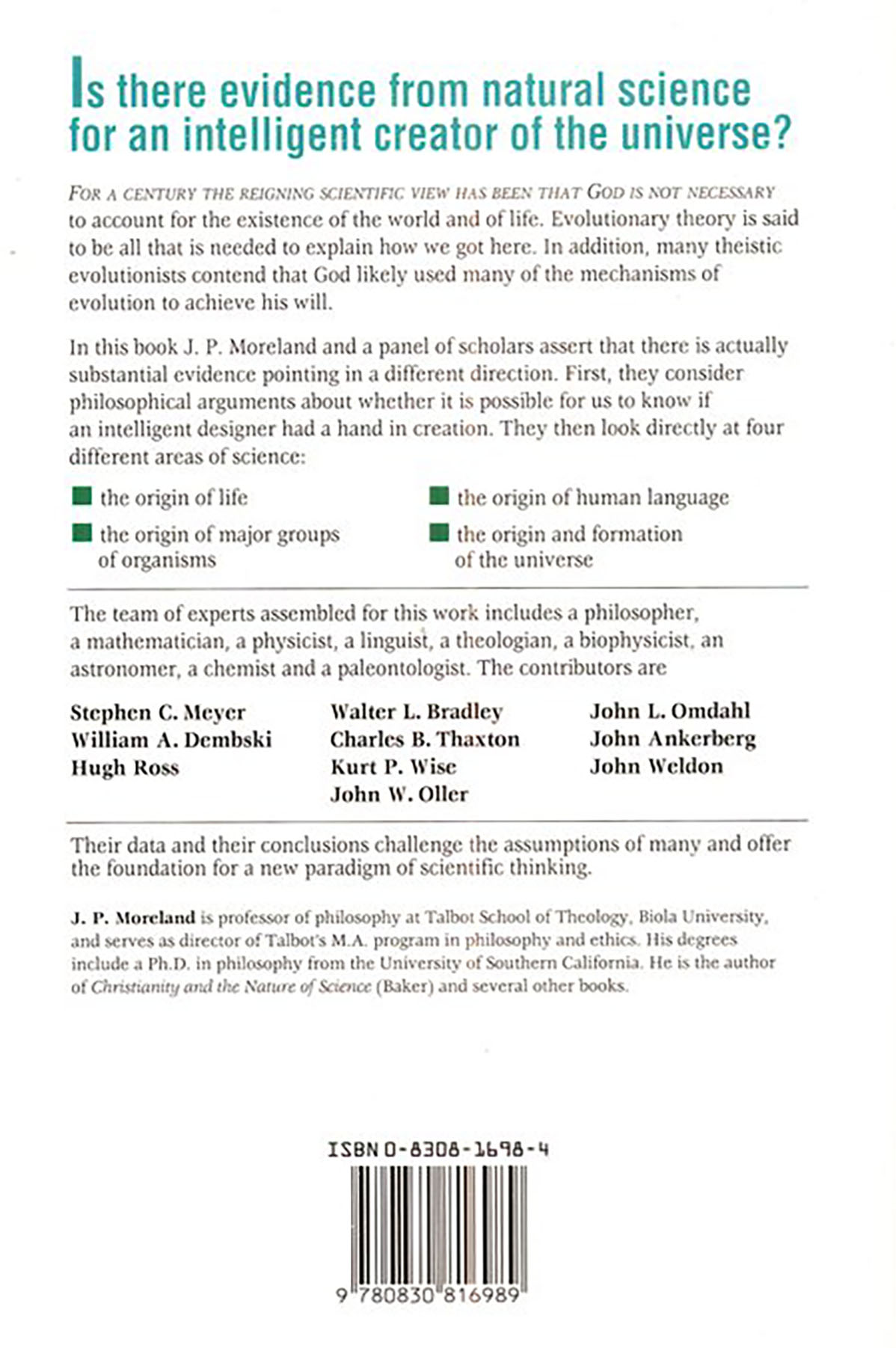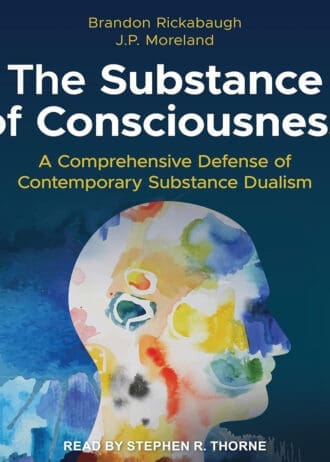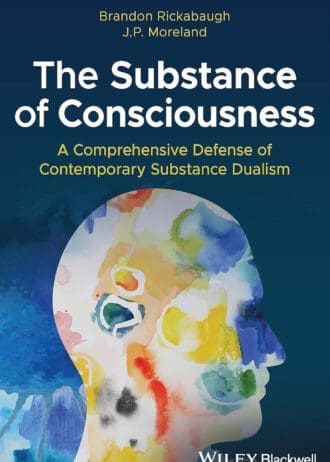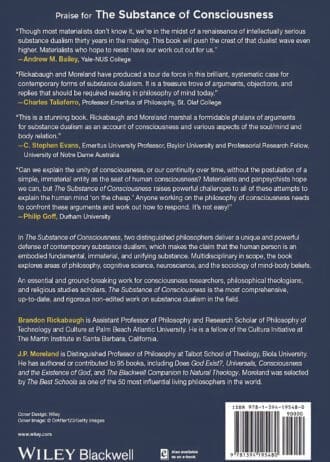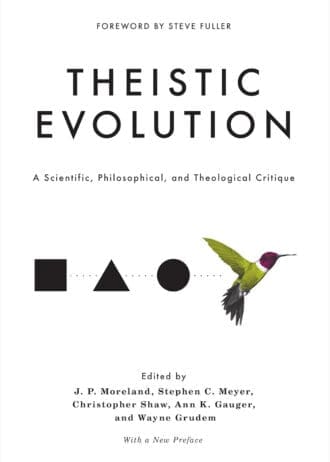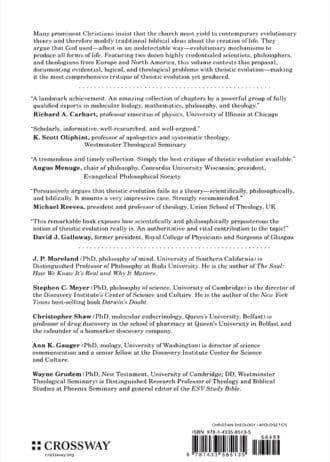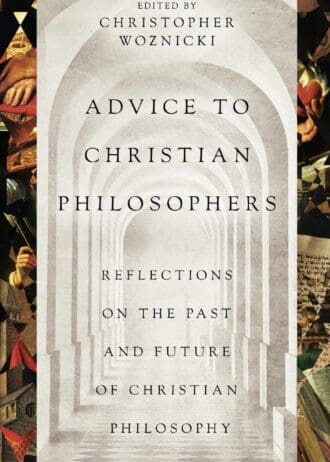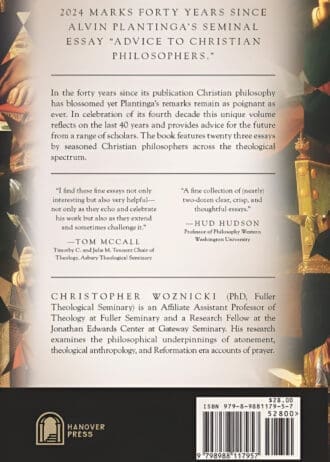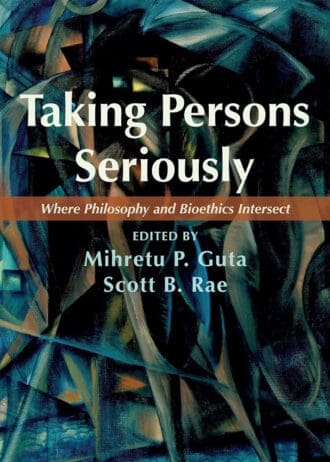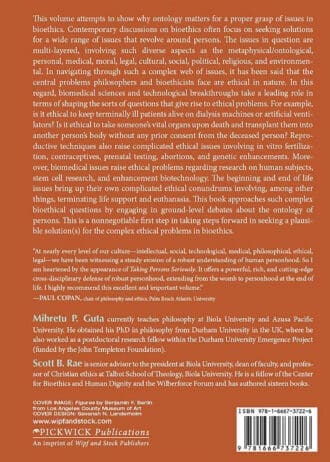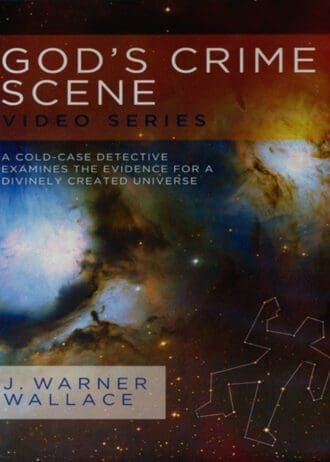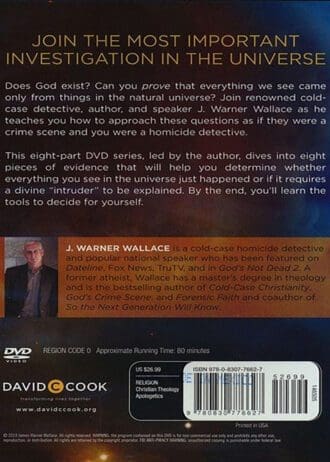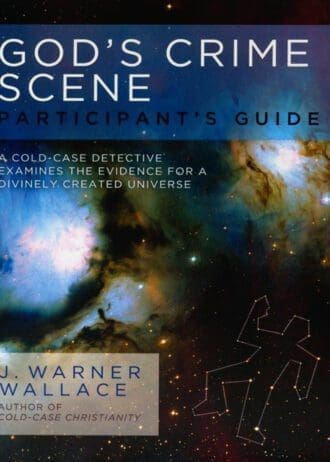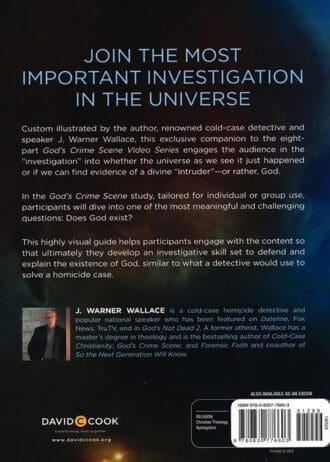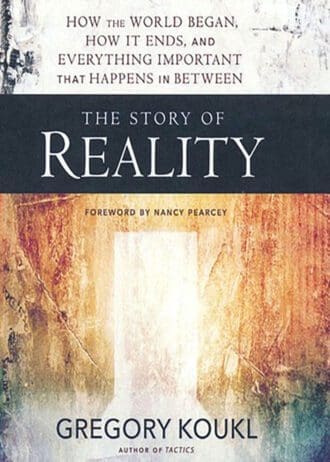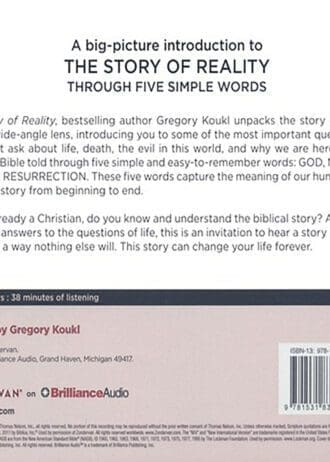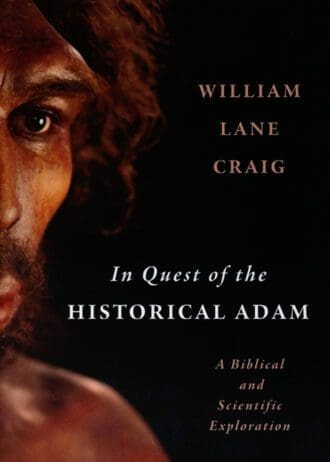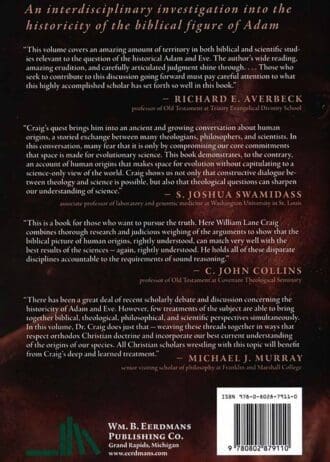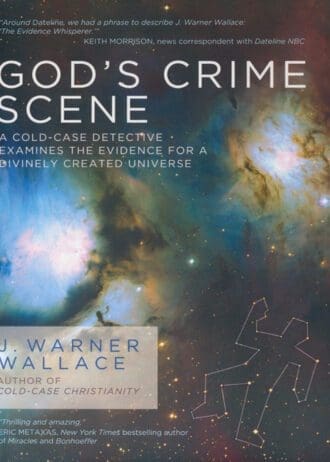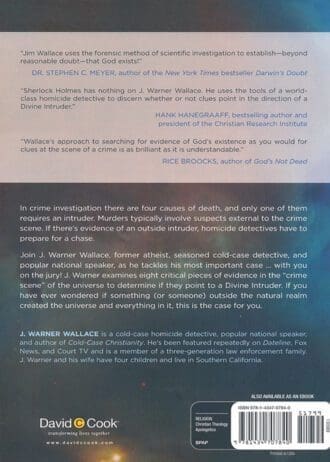For a century the reigning scientific view has been that God is not necessary to account for the existence of the world and of life. Evolutionary theory is said to be all that is needed to explain how we got here. In addition, many theistic evolutionists contend that God likely used many of the mechanisms of evolution to achieve his will. In this book J.P. Moreland and a panel of scholars assert that there is actually substantial evidence pointing in a different direction. First, they consider philosophical arguments about whether it is possible for us to know if an intelligent designer had a hand in creation. They then look directly at four different areas of science: the origin of life, the origin of major groups of organisms, the origin of human language, and the origin and formation of the universe. Experts on this panel were: Stephen Meyer, William Dembski, Hugh Ross, Walter Bradley, Charles Thaxton, Kurt Wise, John Oller, John Omdahl, John Ankerberg, and John Weldon.
The Substance of Consciousness: A Comprehensive Defense of Contemporary Substance Dualism – Audiobook
In The Substance of Consciousness: A Comprehensive Defense of Contemporary Substance Dualism, two distinguished philosophers deliver a unique and powerful defense of contemporary substance dualism, which makes the claim that the human person is an embodied fundamental, immaterial, and unifying substance. Multidisciplinary in scope, the book explores areas of philosophy, cognitive science, neuroscience, and the sociology of mind-body beliefs. The authors present the most comprehensive, up-to-date, and rigorous non-edited work on substance dualism in the field, as well as a detailed history of how property and substance dualism have been presented and evaluated over the last 150 years. Alongside developing new and updated positive arguments for substance dualism, they also discuss key metaphysical notions and distinctions that inform the examination of substance dualism and its alternatives.


